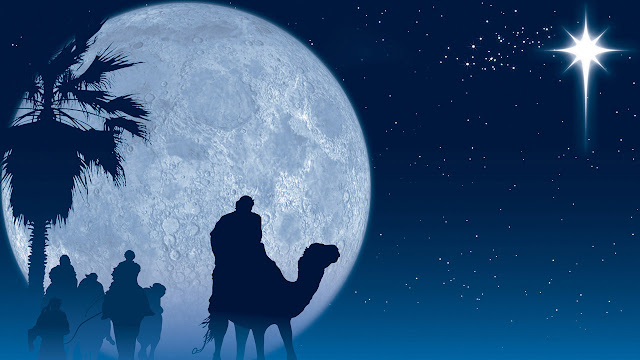I will make you new ones, said earth.
No, give me them back, as they were, instead,
with faults and all, I cried.
Tonight I can snatch their talk
from the faint surf's drone
through the canes, but I cannot walk
on the moonlit leaves of ocean
down that white road alone,
or float with the dreaming motion
of owls leaving earth's load.
O earth, the number of friends you keep
exceeds those left to be loved.
The sea canes by the cliff flash green and silver;
they were the seraph lances of my faith,
but out of what is lost grows something stronger
that has the rational radiance of stone,
enduring moonlight, further than despair,
strong as the wind, that through dividing canes
brings those we love before us, as they were,
with faults and all, not nobler, just there.
~ Derek Walcott, born in 1930, Caribbean poet, playwright, and watercolorist, and winner of the 1992 Nobel Prize in Literature
No, give me them back, as they were, instead,
with faults and all, I cried.
Tonight I can snatch their talk
from the faint surf's drone
through the canes, but I cannot walk
on the moonlit leaves of ocean
down that white road alone,
or float with the dreaming motion
of owls leaving earth's load.
O earth, the number of friends you keep
exceeds those left to be loved.
The sea canes by the cliff flash green and silver;
they were the seraph lances of my faith,
but out of what is lost grows something stronger
that has the rational radiance of stone,
enduring moonlight, further than despair,
strong as the wind, that through dividing canes
brings those we love before us, as they were,
with faults and all, not nobler, just there.
~ Derek Walcott, born in 1930, Caribbean poet, playwright, and watercolorist, and winner of the 1992 Nobel Prize in Literature















